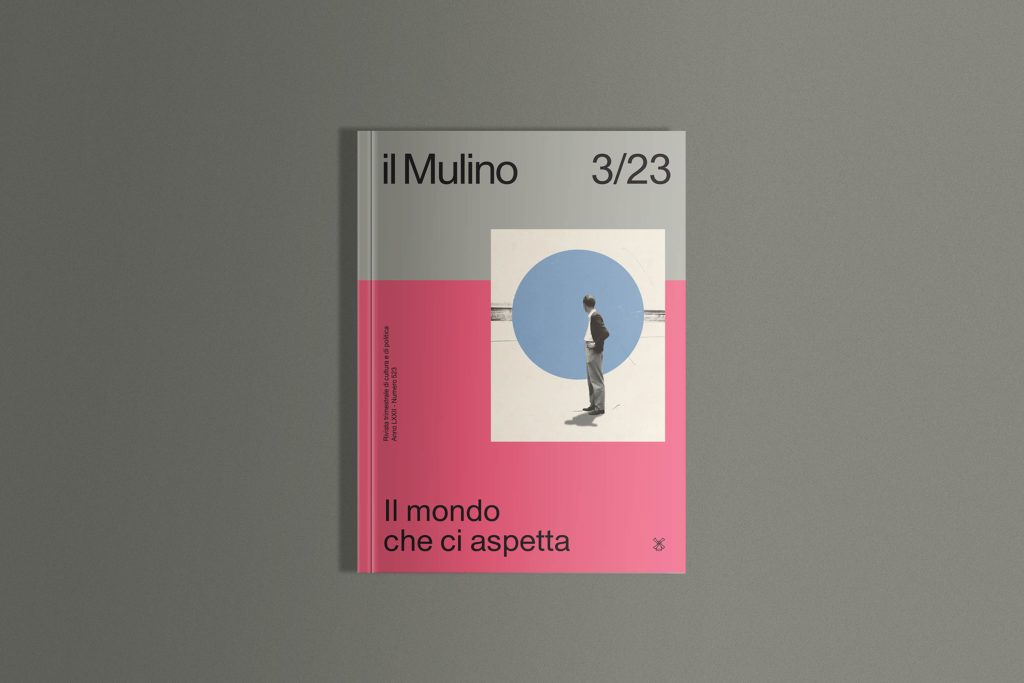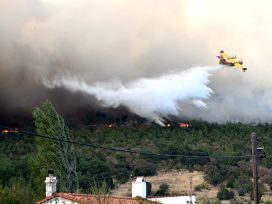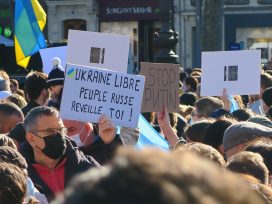Since the 1990s, water has been called the ‘oil of the twenty-first century’ or the ‘blue gold’ over which wars will inevitably be fought. This grim future is particularly associated with the Middle East and North Africa, the world’s most water-poor region, where the effects of climate change add to the perennial problem of low rainfall.
But as Hussam Hussein observes in Il Mulino, ‘the empirical evidence linking water scarcity and armed conflicts between states is inconclusive’. The equation ‘neglects socio-economic issues and questions about who has access to how much water and why’. Political processes of inclusion and exclusion are central. In India, for instance, lower caste women are denied access to wells; while in the West Bank, water scarcity is an issue of structural discrimination.
Purely technical solutions to scarcity such as the construction of dams and other market-oriented mega-projects often have catastrophic effects on poor communities. Inversely, treating limited resources as a matter of access and equity can bring about genuine solutions. ‘Water diplomacy can contribute to broader regional cooperation, stability, peace and security,’ writes Hussein.

Food as public good
Threats to food security tend to be seen primarily in terms of scarcity. Yet global agricultural production grew by 53 per cent between 2000 and 2019, compared to a 26 per cent increase in the world’s population during the same period. According to Marco Clementi and Martino Tognocchi, ‘food security can be affected more by problems of access than by food shortages’.
Russia’s war in Ukraine has put the issue of food security at the top of the political agenda. The decline in grain and fertiliser production and the consequences of the war on the global food supply chain have certainly played a role. However, the main impact of the war has been the steep rise in food prices, write Clementi and Tognocci.
Despite technological and agricultural advances in countries like India, access to food has become more uncertain with ‘the evolution of the relationship between state and market in food production’. While beneficial in terms of efficiency, the reduction of public control over the agricultural sector in the early 1990s impacted food aid policies between states and increasingly exposed food to market price fluctuations.
New anthropocentrism
There is a fundamental fracture in ecological thinking that has developed over a century and a half, write Mauro Ceruti and Roberto Della Seta. On one hand is the idea of natural harmony independent of the human. This rejects anthropocentrism in the name of a ‘biocentric’ vision of individual rights and an ‘ecocentric’ vision of ecosystems as super-organisms. On the other hand, there is the Darwinist strand that merely removes the human from the creationist pedestal and returns it to the logic of nature.
Now that the world is facing the threat of a climate catastrophe and the call for radical change has been widely recognised, ecological thinking must resolve this contradiction between the ‘intruder’ and the ‘re-naturalised’ human.
The human must declare itself ‘differently anthropocentric’, write Ceruti and Della Seta: ‘to expect that homo sapiens can put the reasons of an abstract and general “nature” … before the pursuit of its own individual, family, social group, and species wellbeing is the ultimate expression of an anti-ecological viewpoint.’
The Anthropocene ‘demands that we interpret nature and society as a single complex phenomenon, thus overcoming the distinction between human history and natural history’. Part of this consists in not interpreting climate change and its solutions as the product of an undifferentiated humanity, but of specific social, political and governance realities.







